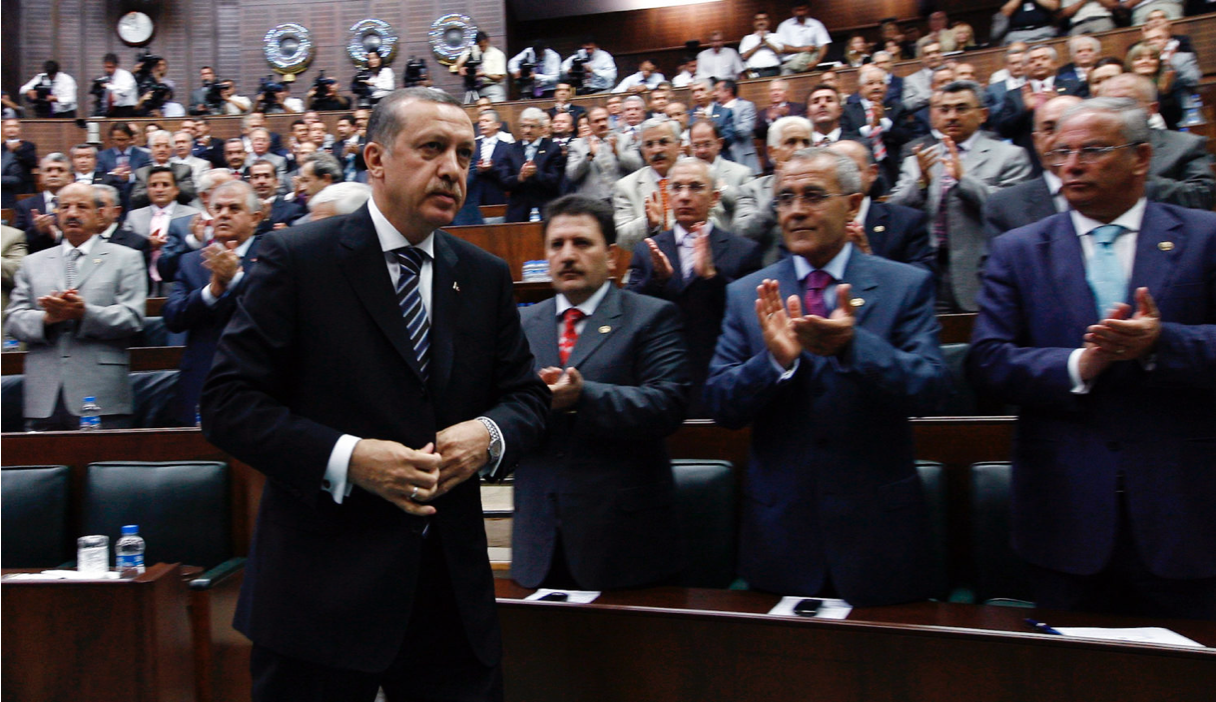
A “disinformation law” that, if passed, would impose up to three-year jail sentences for the spread of “fake news” or “disinformation,” has been sitting in Turkish parliament for years.
While the bill itself makes no attempt to define fake news or false information, independent journalists in the country speculate the so-called “disinformation” law may be a euphemism. In fact, the law could be a way of securing authoritarian control in the country by giving outsized power to censor and restrict information flow to President Recep Tayyip Erdoğan’s government. Fact-checkers at Teyit, one of two Turkish verified signatories to the International Fact-Checking Network’s code of principles, compared the legislation to the laws of regimes that lack press freedoms, like Burkina Faso, Russia, Cambodia and Myanmar.
“All examples so far show that such restrictive laws on misinformation limit freedom of expression and are used for censorship,” reads a letter from Teyit sent to a group of signatories to the International Fact-Checking Network’s code of principles. “These countries, where those who spread ‘fake news’ are imprisoned, are on the lower spectrum of both the freedom of expression and the freedom of the press and media literacy rankings show that they are not resistant to false information.”
Can Semercioğlu, head of communications at Teyit, said, “If this bill becomes a law, people who spread false information may face imprisonment of one to three years. Other administrative measures include sanctions such as fines, bans on advertising, and bandwidth throttling for social media platforms.”











